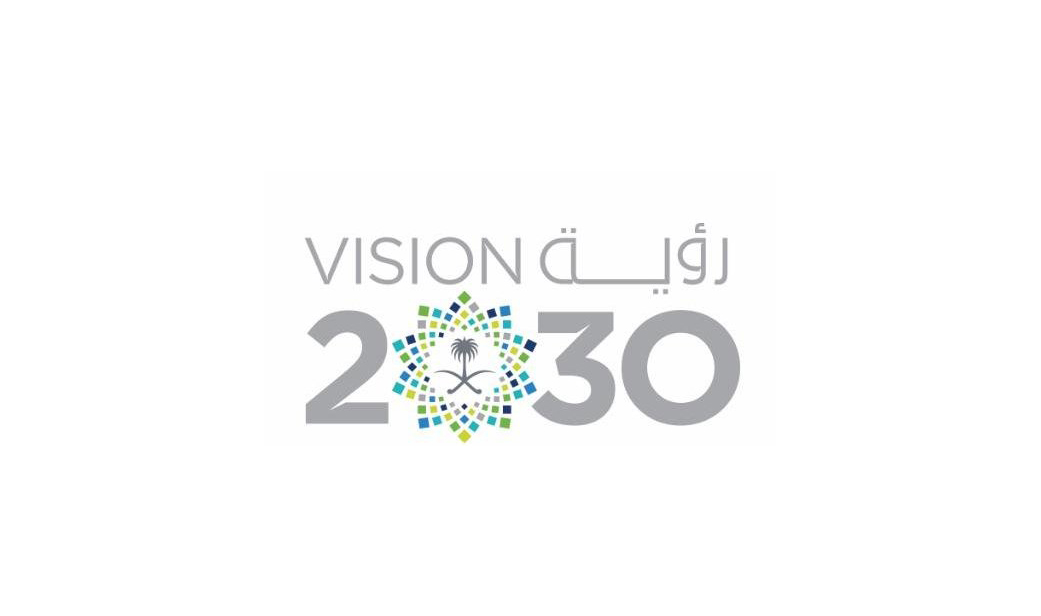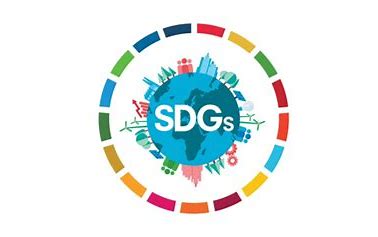In 2020, the United Nations Development Program (UNDP) in Saudi Arabia had offered its unwavering support to the National Family Safety Program (NFSP).
The NFSP is a center of excellence, established to promote the change within the Kingdom regarding domestic abuse of children, women, the elderly, and the disabled.
By providing prevention measures and raising awareness, the NFSP builds partnerships with professionals and public and private agencies. Its objectives are to establish community-based programs that protect and defend individuals' rights and decrease abuse and neglect incidence through awareness and training. It also conducts programs that care for violence victims, including a dedicated child helpline service.
The government in the Kingdom issued a declaration urging the situation to be addressed with immediate action. The challenge was to organize the efforts and impressions towards addressing the subject and how to manage it. A previous law was amended, which changed two national rules that helped address domestic abuse at a legal level.
The entity is a government institution that has partnered with various private sector establishments and civil society agencies. The UNDP's contribution brings more than just experience to the program. It also imports a valuable resource of qualified professionals that support and strengthen the program by designing effective methods that introduce a new way of thinking within the Kingdom. With the support of an in-depth training needs analysis (i.e., what level of training is required) alongside several webinars that offer training and awareness in addressing domestic violence across the Kingdom.
Together, the NFSP and the UNDP have reached significant achievements, such as capacity-building programs that promote mental and physical health and social well-being. It also provides practitioners with critical knowledge and a diverse range of skills to deal with domestic violence cases.
The initiative is currently enhancing its training programs because it looks to entice qualified professionals to handle domestic violence cases with attested and accredited diplomas. This Diploma Training program is a tool to train and invest in professionals primarily in three specialized areas in which they reside:
- Primary target: The Prevention Program: An 8-stage awareness manual covering the situational awareness of bullying, adolescence, women empowerment, and elderly violence. The research used to create this manual was carried out in specific areas of interest that coincide with the data gathered that displays violence and abuse levels.
- Secondary target: The intervention program: The trained professionals partake in supporting the victims through therapeutic and professional means obtained through the program.
- Third target: The rehabilitation program: Specifically for women and children. A seven-week program can help and assist in family issues related to abuse or neglect and therapy, psychology, stress, depression, loneliness, and more.
The UNDP publicizes various awareness campaigns to allow victims and or potential victims to come forward safely without putting them at risk. Such campaigns range from digital and social media campaigns, interviews, face-to-face meetings, SMS, press releases, and live events in malls, stadiums, and even schools.
Utilizing digital technologies, such as webinars, the UNDP has trained over 300 professionals to handle such cases. It prides itself on the research obtained, and its knowledge is evidence-based. The data findings are shared with multi-sector and multi-disciplinary initiatives that branch out into other networks.
The entity contributes its mandate to be a national intervention leveled think tank that tackles domestic issues and challenges. The NFSPs determination is a compelling factor that tackles the challenges and aims to abolish them altogether. It has been branded as the "place to connect to" if individuals face such issues. Nationally it can be considered a "Center of Excellence" of domestic violence abuse.
The NFSP is the leading entity in the Kingdom. Such a program can export its findings internationally, with support from the World Health Organization (WHO). These findings include research, protocols, and systematic approaches. The program eventually looks to be exported. It has already started sharing the experiences and insights with other nations (predominantly in the GCC). Various works and training manuals have already been published and several virtual training courses have been conducted in multiple languages via webinars.
In line with the Kingdom's 2030 vision, the program sets out to improve the community's quality of life and individuals in the nation. It aims to be productive, and empowering with prospects and prosperity.
The program also gives back to the national economy by assisting the government in spending less on rehabilitation as the entity looks to rehabilitate within itself and its programming.
The UNDP has proven its sensitive nature in program building according to a national requirement, not only by supporting the NFSP in such a program but also by encouraging professionals and offering training to individuals to become preventers of domestic violence, with intervention and rehabilitation.
The NFSP, with the support of the UNDP, seeks to establish and become a leading National Program in domestic violence prevention. To have communities feel safe and be a leader in research and training for domestic violence preventive measures.

 Locations
Locations
